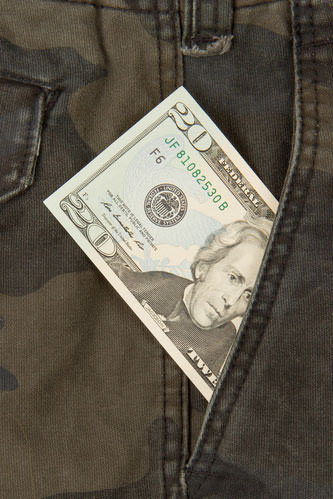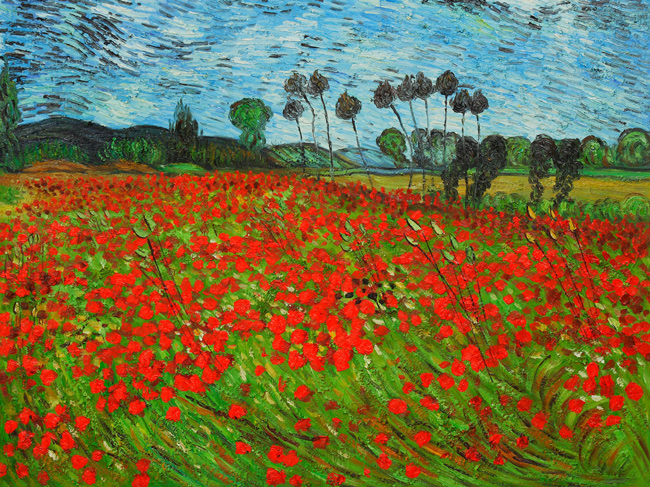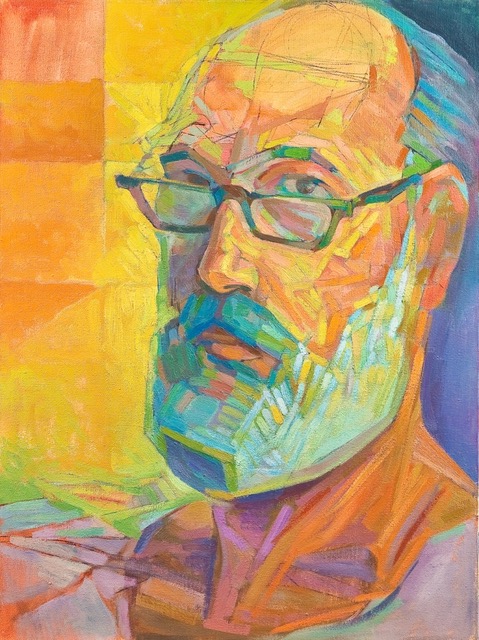In Okinawa, I made many enemies because I went into maintenance control with my own ideas. A major warned me that the men would punish me and he couldn’t protect me. He suggested I stay in the prop shop and I wouldn’t have any problems. So I opted for the trouble. I just never slept in the same bed ever. I couldn’t. They were looking for me. They couldn’t touch me when I was at work. I worked in the same room with them. They glared and they stared and scowled and flared their nostrils. And there they were on the dock when the ship pulled out. And I waved. They had come down figuring they could catch me before I got on the boat. I managed to sneak into a baggage truck and get onto the boat without them catching me.
After I was discharged from the Air Force, I drove directly to Washington, D.C. to hand-carry my application for the G.I. Bill to the Department of Veterans’ Administration. I had to take it from one administrator to another, from one floor to another until I came to the final desk, only to discover the clerk who was supposed to be sitting there was on vacation. I was discharged on August 17 and had to be on a ship to England in mid-September.
Knowing how easy it is for huge government services to lose and confuse paper, I was understandably frustrated. I drove to my parents’ home in Portland, Maine, and immediately called Mr. Saul Crasnick, a family friend and an official in the State of Maine Veterans Administration. What Washington had not been able to do for me in less than a few months, Saul did for me over the phone, and it only took him one call.
My application to The Ruskin School of Drawing had long ago been sent and a place for me was secured, so I took a train to NYC and boarded a Holland American ship to Southampton, England.



